Director: Mikael Håfström
Writer: Hossein Amini
Cast: John Cusack, Chow Yun-fat, Gong Li, Ken Watanabe, Rinko Kikuchi, David Morse, Franka Potente, Jeffrey Dean Morgan, Hugh Bonneville, Benedict Wong
Running Time: 105 min.
By Kyle Warner
Once upon a time, Shanghai had a considerable amount of buzz surrounding it, with some dreaming up award talk considering its stellar cast of international talent, and others more realistically just hoping for a cool WWII-period thriller. If that seems like a long time ago, that’s because it was. Shanghai took some years to get made and then took just about as long to arrive in US theatres. Despite being a US-based Weinstein Company production, Shanghai made it to international theatre screens in 2010 and was delayed and then seemingly forgotten about for domestic release. Film fans, myself included, waited and waited for the film to finally arrive. In that time, we listened for reactions from foreign audiences… and heard crickets instead. The buzz quickly died and anticipation died with it.
Unless you were paying close attention, you might’ve missed that The Weinstein Company finally gave Shanghai a US release in late 2015, unceremoniously dumping it onto 100 screens for two weeks without any noticeable attempt to promote the film. Shanghai is said to have cost fifty million dollars to make. It raked in $46,425 in domestic sales and close to ten million dollars in foreign tickets. I don’t know why it took such a frustratingly long time to make it to the US, other than to say that the Weinsteins have a history of doing similar things. Was it worth the wait? Sadly, no, but I think we had a strong feeling that it wouldn’t be by now. It’s not a complete failure of a film, and seeing some of the best dramatic stars of Asia square off in a Hollywood production should be fun for some fans. But Shanghai can’t escape the feeling that it’s not half the film it should’ve or could’ve been.
In the final weeks leading up to Pearl Harbor, Shanghai was one of the last major Chinese cities not under Japanese control. At that point, America was not directly involved in the fight in the Pacific, so Americans in Shanghai found themselves in the difficult position of acting neutral to both sides. Spy Paul Soames (John Cusack) arrives in the city looking to unravel the mystery of a murdered friend and colleague (Jeffrey Dean Morgan) and a missing Japanese woman (an uncredited Rinko Kikuchi).
*Beware of possible spoilers in the following paragraph*
People make fun of Sean Bean for dying in almost all of his movies, but Jeffrey Dean Morgan (Watchmen) has found himself time and again playing the guy that’s killed off in his first scene, with his death sparking major plot developments going forward. It’s so strange. You want a guy to play a murdered comrade? Call up Jeffrey Dean Morgan. Here Morgan plays a spy that’s suspicious of Japan’s intentions in the Pacific. Before he can figure it all out, someone cuts his throat and the mystery then becomes John Cusack’s to solve.
*End of possible spoilers*
With an impressive backdrop of a city in chaos, Cusack meets all the dangerous players of Shanghai. Ken Watanabe (The Last Samurai) plays Japan’s top spy and military advisor in the city. Chow Yun-fat (Hard Boiled) plays a Triad kingpin who reluctantly takes orders from the Japanese in order to remain in a position of power. And Gong Li (2046) plays Chow’s wife, who is secretly a high-ranking member of the Chinese Resistance. It’s a nice collection of characters, played by actors who give it their all despite some clunky narrative choices.
It has all the pieces to make for a fine film noir but it never manages the look and feel. Director Mikael Håfström (Escape Plan) worked with Cusack before on the effectively creepy Stephen King adaptation 1408. That film had no shortage of ideas but Håfström’s work in Shanghai shows a lack of any kind of coalescing style and mood, largely bungling the good work done by some of his cast and crew. The film’s a bumpy ride and it sometimes teeters on the edge of becoming a boring one.
The screenplay by Hossein Amini (Drive) has its own issues. The mystery is never as interesting as it should be. We don’t care about Jeffrey Dean Morgan, because who was he to us? Nobody. Similarly, the missing Rinko Kikuchi doesn’t inspire much intrigue, as the stakes of who finds her first is never as clear as it should be. The worst part of the screenplay is the voiceover narration spoken by John Cusack’s character. The voiceover serves to set the film noir mood and fill in the blanks between scenes but it makes for some dull storytelling.
The constant, uninterested droning of Cusack’s spy is probably meant to remind one of a Humphrey Bogart antihero. Instead it just serves as a reminder of how disinterested Cusack can make himself seem. Cusack performs a bit better onscreen than he does when we get to hear the thoughts inside his head, but I think it’s fair to say that he’s the weak link of the headlining cast. Gong Li, who’s as luminous as ever, gives us her best English-language performance as the femme fatale, Anna. Though her forbidden romance with Cusack never smolders, she does good work as the conflicted female lead of the film. Ken Watanabe, the West’s favorite Japanese actor of modern film, manages to find a way to the marrow of his rather simplistic villain. Chow Yun-fat plays the 1940’s gun-toting playboy gangster with effortless skill. Charming, funny, and cool, Chow’s the film’s MVP and Shanghai definitely could’ve used more of him.
Shanghai is not the war-time spy thriller we’d hoped for. But it’s also not the disaster that we’ve been led to believe, either. There are pieces here that work, including its international cast and strong production values that really sell the period setting. However, poor direction and uninteresting plot twists make for a rather dull affair overall. The story within Shanghai is one worth telling… it’s just not told very well.
Kyle Warner’s Rating: 5/10

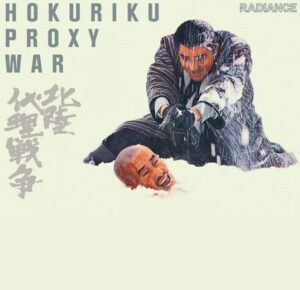
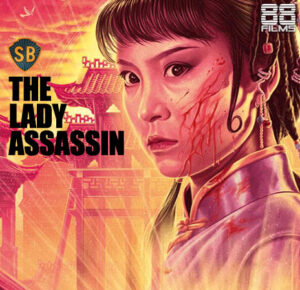

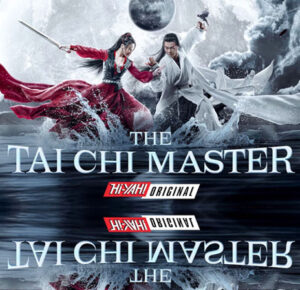
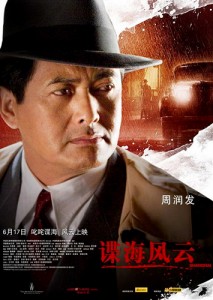

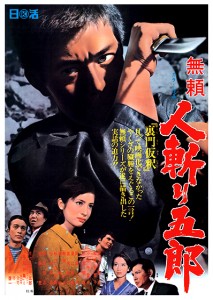
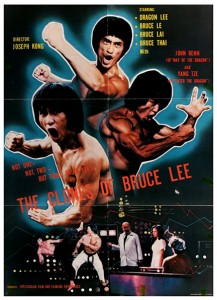
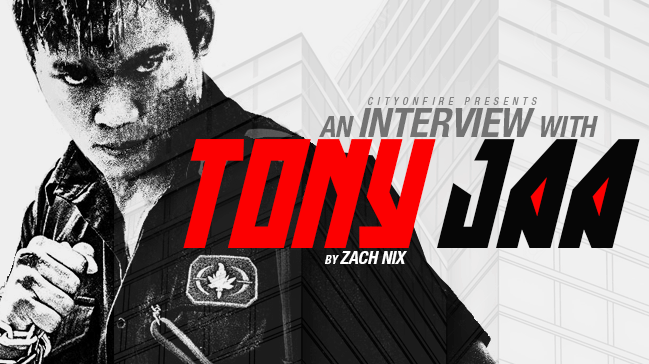 I recently had the pleasure to conduct an interview with Tony Jaa (
I recently had the pleasure to conduct an interview with Tony Jaa (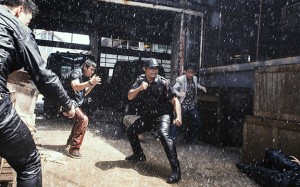
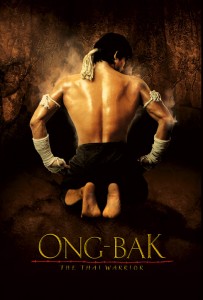


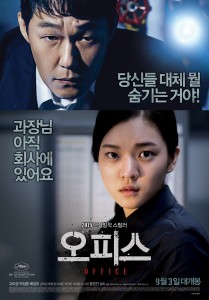
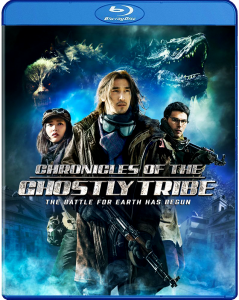
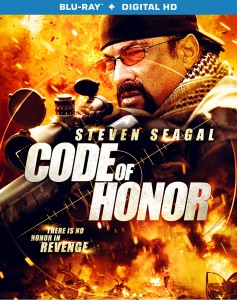
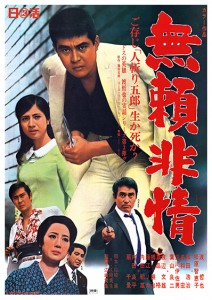
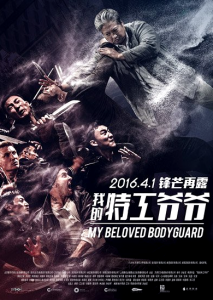
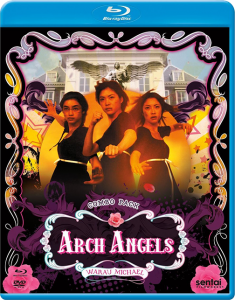
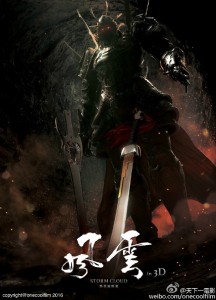
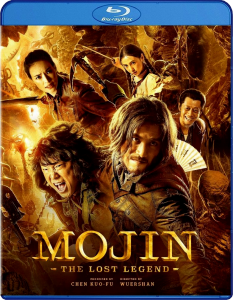
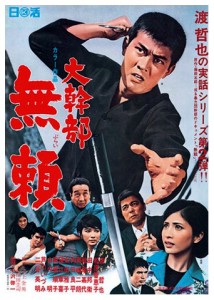
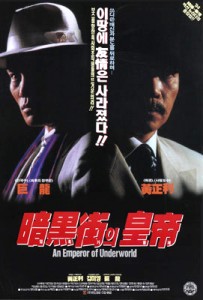




2 Comments